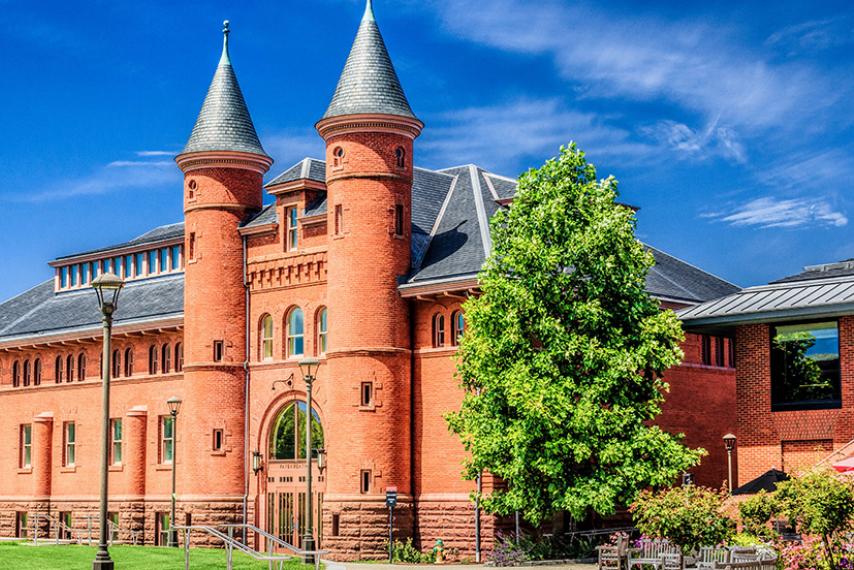
c/o newsweek.com
The Princeton Review has ranked Wesleyan University at the top of its list of 25 “Impact Schools” for 2019, followed by Hobart & William Smith Colleges and Southwestern University.
“These 25 schools were selected based on student ratings and responses to survey questions covering community service opportunities at their school, student government, sustainability efforts, and on-campus student engagement,” the Princeton Review’s website reads, also noting that the ranking incorporates the percentage of alumni who reported feeling a deep sense of meaning associated with their profession.
The University has remained at the top of the Review’s “Impact Schools” list since its creation in 2015, thanks in part to the variety of resources that enable students to engage with the local community.
The Patricelli Center for Social Entrepreneurship (PCSE), which the Review cited as an important resource, is one of many facilities on campus designed to support students who want to be engaged citizens. PCSE Director Makaela Kingsley ’98 noted that the student body is particularly drawn to making systemic change.
“Wesleyan tends to attract young people who have an awareness of social and environmental problems, and who have the inclination to want to work towards solutions,” Kingsley wrote in an email to The Argus.
Kingsley noted that student engagement takes many forms, from campaigning and research to volunteer work and involvement in campus organizations like the Green Fund and the Wesleyan Student Assembly (WSA).
WSA Academic Affairs Committee Member Aaron Cheung ’19 noted that the student body is actively engaged in on-campus politics, which demonstrates students’ investment in the broader Wesleyan community.
“All of the members of the WSA and those that work with us closely on projects invest a significant amount of time and effort to bring institutional changes,” Cheung wrote in an email to The Argus. “For example, the WSA helped to establish funding for international and low-income students to receive food over winter break, helped to create winter session, and was the immediate factor for the creation of the Resource Center on campus. Many initiatives and programs can be traced back to the WSA, and it offers a great forum to address difficult topics.”
Facilities such as PCSE, the Jewett Center for Community Partnerships, the Allbritton Center for the Study of Public Life, and the new Resource Center have taught Wesleyan students how to engage with their communities, as well as communities around the world, and they’ve carried these skills with them after graduating.
“Wesleyan graduates have a voice at all of the important tables, and so many of them lead with their commitment to impact—from grassroots organizing…to inclusive management and systems change…to venture capital and tech…to name just a few of the countless examples,” Kingsley wrote.
Graduates have also shown commitment to creating change from the inside, out. Many alumni have left the University to pursue a career in politics, such as governors Peter Shumlin ’79 and John Hickenlooper ’74, MA ’80, the latter of which just announced his run for president on Monday, March 4. Connecticut State Senator Matt Lesser was first elected to the State House during his senior year at Wesleyan and still serves in that seat today.
“[Wesleyan alumni] bravely take the critical thinking skills and practical idealism that they developed in college, and they use it in ways that create ripple effects in the world,” Kingsley concluded.
Erin Hussey can be reached at ehussey@wesleyan.edu and on Twitter as @e_riss.